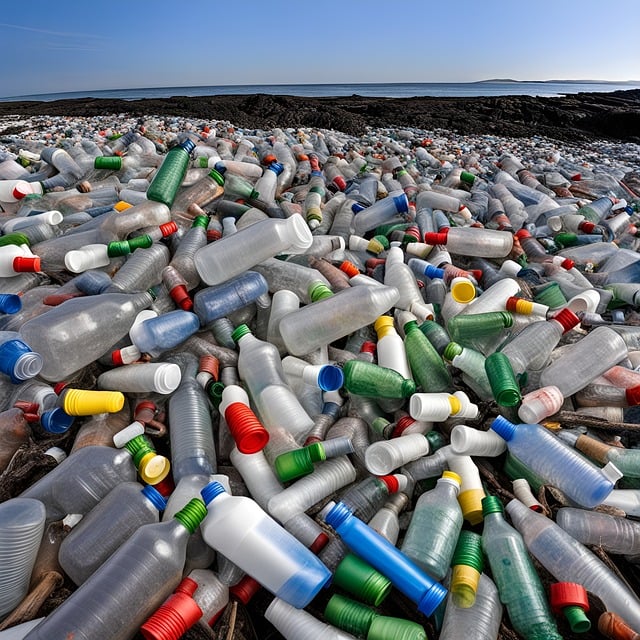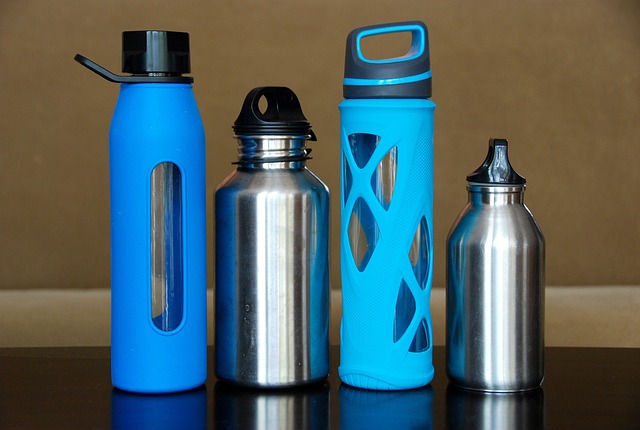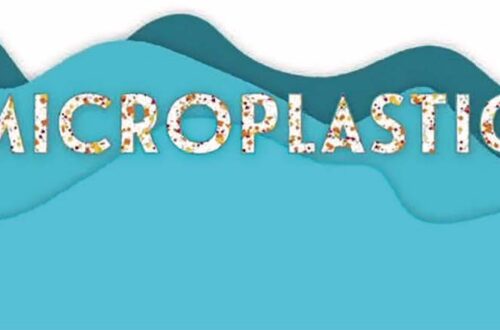Staying hydrated is vital for good health. Unfortunately, most drinking water is packaged in single-use plastic bottles. While these containers are convenient, most end up in landfills and water bodies, contributing a substantial chunk to global waste.
Plastic bottles are a major environmental burden. They clog the soil, pollute oceans, and take centuries to decompose. By using an eco-friendly alternative, you’re positively impacting the earth and your health.
Here are the best reusable water bottles for you and the planet:
Top Reusable Water Bottles for the Environment
All eco-friendly drinking bottles are made from materials that are ideal for extended use.
1. BPA-Free Plastic Bottles
BPA-free plastic is a safer alternative to traditional plastic bottles. They do not contain Bisphenol A — a toxic chemical that attacks the endocrine system, causing birth effects. These bottles are light in weight, durable, and more affordable than glass, steel, and bamboo.
BPA-free drinking bottles are available in various sizes, colors, designs, and sizes to match versatile preferences. However, they offer different insulation capabilities than stainless steel bottles and may not be as long-lasting as aluminum or glass.
2. Glass Bottles
Glass is fully recyclable, making it an excellent material for reusable drinking bottles. It can be reclaimed repeatedly without losing its quality or purity. Glass is also chemically inert — it doesn’t introduce any chemicals into your beverages.
While glass water bottles may seem fragile, many have thick, robust glass. They also come with protective silicone sleeves to prevent breakage from minor drops and bumps. Glass bottles are easy to clean and highly reusable, making them ideal for everyday use at home or at work. However, they can be heavier and more fragile than other alternatives, making them unsuitable for young children.
3. Metallic Water Bottles
Metallic water bottles are easily recyclable and last longer. Unlike plastic bottles, they do not degrade over time and remain functional and safe for extended use — particularly those made from stainless steel and aluminum.
Stainless Steel Bottles
Stainless steel is a top choice for reusable water bottles. The material is free of harmful chemicals, durable, and resistant to corrosion. Double-walled stainless steel bottles have insulating properties and can keep beverages hot or cold.
These types of bottles are great for daily use. They’re easy to maintain and clean and do not retain flavors or odors. Their sturdiness makes them ideal for kids and people with active lifestyles — think gyms, hikes, and all-day commutes.
Aluminum Bottles
Aluminium also makes excellent eco-friendly water bottles. They are lightweight, making them suitable for on-the-go use. While they may not have the same insulating capabilities as stainless steel bottles, you can find aluminum varieties that are lined or double-walled to keep drinks cold or hot for longer periods.
Aluminum water bottles are resistant to rust and corrosion. When they get damaged, you can just recycle them properly. Recycling aluminum saves energy and produces fewer emissions compared to producing the metal from raw materials.
4. Bamboo Bottles
Bamboo is gaining favor as a household material due to its exceptional environmental benefits and natural aesthetic appearance. It grows fast, requires minimal water, and does not require pesticides to thrive. It is highly sustainable from cultivation to production.
Water bottles made from bamboo are biodegradable, lightweight, and durable. They can keep beverages hot or cold, are easy to clean, and withstand daily use while resisting odors and stains.
5. Silicone
Most collapsible water bottles are made from silicone plastic. They are light in weight, flexible, and foldable when not in use, making them perfect for travel and storage. Importantly, this material is safe, non-toxic, and BPA-free.
However, while most scholars agree that silicone is a better alternative to traditional plastic, skepticism exists. Even though silicone is durable, it still goes to landfills, where it takes decades to decompose.
Why Choose Eco-Friendly Water Bottles
Opting for healthy, eco-friendly water bottles promotes a healthier planet and a sustainable future.
Here’s how:
Reduces Plastic Waste
Plastic pollution is an ongoing global crisis. The average healthy adult needs to drink between four and six cups of plain water daily. In hot weather, water intake increases as people tend to sweat more, and dehydration could trigger heat-related illnesses. This, altogether, contributes to a growing demand for drinking water. Yearly, Americans buy around 50 billion plastic bottles. Of these, 30 billion end up as litter or in landfills.

Investing in water bottles you can reuse numerous times decreases the demand for single-use bottles, which in turn minimizes the amount of plastic waste in landfills and oceans.
Decreases Environmental Degradation
The environmental footprint of plastic bottles is significant. Manufacture of PET plastic in the U.S. produces 200 million pounds of toxic chemicals into the air and water yearly — and this is just one continent. Reusable drinking bottles made from recycled and BPA-free plastics and durable materials like stainless steel impact the environment less throughout their lifecycle, from manufacturing to disposal.
Saves Money in the Long Run
Purchasing a high-quality reusable water bottle may seem to cost more upfront but pays off in the long run. Plus, most eco-friendly options are made from durable material designed to last, reducing the need for frequent replacements.
Promotes Healthier Living
Many single-use plastic bottles contain harmful toxins that can leach into your drink. Long-term exposure to BPA increases the risk of developing hormone-related cancers. Alternatives made from glass, bamboo, and even BPA-free recycled plastic are free from these chemicals. They offer a safer and cleaner drinking experience.
Supports Sustainable Initiatives
Changing consumer preferences are forcing industries and policymakers to rethink manufacturing practices. This is leading to the widespread adoption of sustainable practices that prioritize environmental responsibility.
Make the Sustainable Choice
Reusable water bottles offer numerous benefits. They reduce plastic waste, save money, and promote a healthier lifestyle. By choosing the best eco-friendly water bottles for yourself, your family, and friends, you help conserve the environment. So, consider switching today to enjoy the benefits of eco-friendly hydration.
Beth Rush is the green wellness editor at Body+Mind. She has more than five years of experience writing and editing articles covering topics like sustainable transit and the importance of green spaces in urban planning. You can find Beth on Twitter @bodymindmag. Subscribe to Body+Mind for more posts by Beth!
Feature Image by NatureFriend
Image by Pete Linforth






